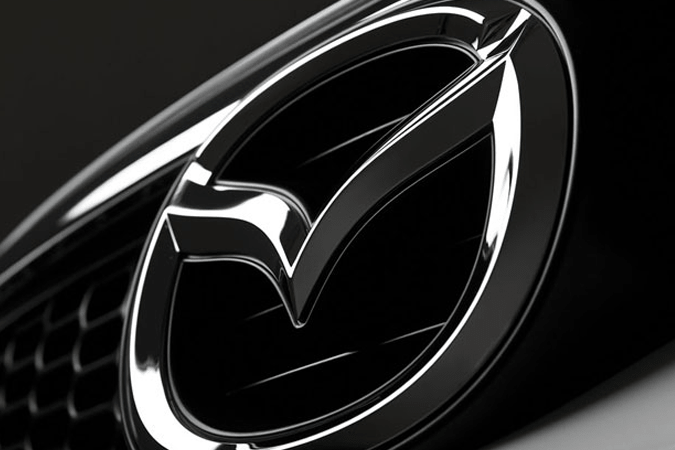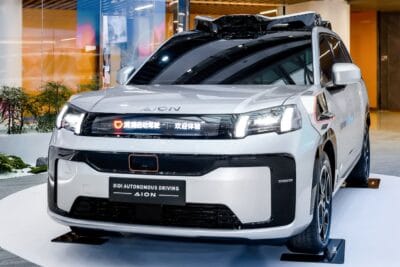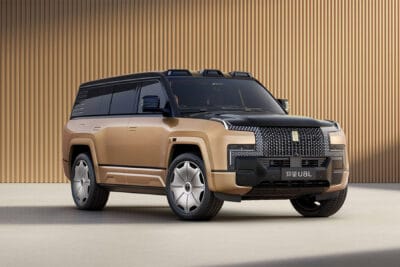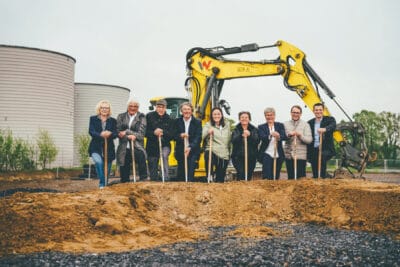Mazda raises e-mobility targets
Mazda has raised its sales target for all-electric cars to between 25 and 40 per cent of total sales by 2030, up from 25 per cent previously. To advance the electrification of its vehicles, the Japanese carmaker plans to invest 1.5 trillion yen (10.3 billion euros) with its partners.
The Japanese company only presented their technology and product strategy until 2030, with a sales target of 25 per cent in June 2021. Less than one and a half years later, there is now a new strategic plan with higher targets and investments. Mazda is also considering investing in the production of batteries.
Mazda continues to take a leisurely approach to electrification and plans to introduce a new hybrid system first. Pure electric cars are not to be offered in greater numbers until the second half of the decade, and here mainly in the period between 2028 and 2030. The first new EV models could come onto the market somewhat earlier, i.e. in 2026 or 2027 – but the big offensive is only to come after that. These new models must quickly reach high unit numbers to reach the new sales corridor of 25 to 40 per cent.
Mazda has entered into cooperation agreements with a total of seven partners to develop components for electric cars. In addition, a supply agreement has been reached with the battery manufacturer Envision AESC for a limited period between 2025 and 2027. Apart from the wording that it is considering investing in battery production, the Japanese manufacturer only gives an indication of the considerations in the announcement: If at all, the investments in battery production will take place in phase 3 of the plan – i.e. again the period from 2028 to 2030.
Incidentally, the electric platform ‘Skyactiv EV Scalable Architecture’ introduced in last year’s strategic plan is not mentioned at all in the current communication. So it remains to be seen whether the plans have changed here as well.
Mazda more or less openly states that with the adjusted strategic plan, it is mainly reacting to the political requirements in important sales markets. The Japanese company says: “Taking into account the significant changes that have occurred in the business environment, including countries’ environmental regulatory trends, heightened geopolitical risks, and rapid development of advanced technologies represented by CASE, Mazda sets forth the basic policies for management stated below and will promote key initiatives.”
As part of its sustainability efforts, it also plans to convert its factories to CO2-neutral production (by 2035) and review its supply chains. This is not only to eliminate “waste, irregularities and overloads” but also to optimise costs.
reuters.com, mazda.com (strategy), mazda.com (cooperations)





0 Comments